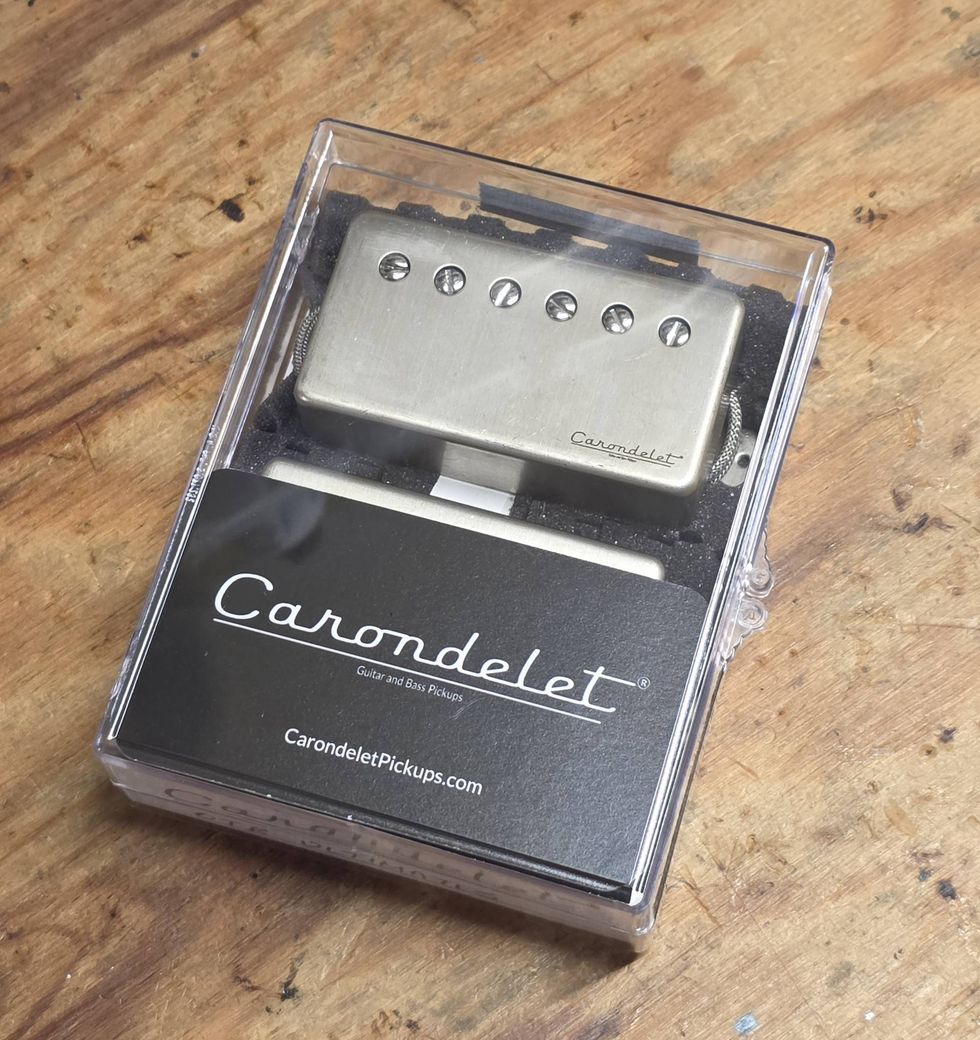Hey guys, welcome to the first of hopefully numerous columns I’ll be contributing here at Premier Guitar in rotation with Rusty Cooley and occasional guests. It’s very cool to be on board! I suppose at this point I should officially swear in: “I solemnly swear to do my best to simply deliver useful information that you would likely not be able to get elsewhere.” Did I just use the word simply? Hmm, well the concept is simple, I suppose. Then again, so is skydiving. Oh well, I’m always up for a fun challenge...
Now, out of courtesy, I feel obligated to prepare you up front for what will undoubtedly be viewed as a healthy dose of opinion-based rhetoric infiltrating the installments that follow. Sorry guys, but it’s necessary if I’m going to make a serious attempt at injecting some new life, and some fresh perspective, into this somewhat exhausted subject of shred.
Actually, shred is still a term that confuses me. Perhaps I’m missing something. I’m pretty sure it refers to an approach to soloing or lead playing that relies heavily on the use of fast passages. Great! Easy enough (I always do well up to this point). So why, then, do I get strange looks when I point out my favorite shredders? Is there something odd about being a fan of Oscar Peterson, Charlie Parker or Niccolò Paganini?
At this point in a conversation, as it becomes apparent that my choices don’t seem to qualify, I usually find myself seeking clarification. After all, the above-mentioned artists certainly fit the definition. And right about at this point, I’ll find myself responding to some remark about guitar exclusivity. I am reminded of my blatant oversight, and respond appropriately with something like, “Ah-ha, now I see the light… the term only applies to guitar playing. Great! I think I’ve got it!”
Okay, so let me make sure I’m clear. Playing fast on the guitar is called ‘shredding’ and playing fast on the piano is called… ‘playing fast?’ ”
Am I really the only one who thinks there’s something odd about this? Is there really nothing weird about the fact that there is suddenly a word assigned to a particular method of note delivery... a method that people have obviously been using for centuries? Is it possible that this very dilemma helps form the basis of the sort of obsessedwith- speed mindset that seems to permeate so much of the guitar community? If “fast playing” gets its own word, then why should all the other various methods of note delivery be deprived of theirs? Why no words for playing slow, or for playing loud, or for playing outside, or soft, or with vibrato, or in the pocket, etc?
I think one could make the argument that the word shred has basically helped create the category of “Shred”—not that there’s necessarily anything wrong with that, but I’ve just never understood the real need or purpose. Such a category would seem to lend itself to the encouragement of a disproportionate amount of development in one area. Perhaps we’ve all seen some evidence of that.
Anyone familiar with my music knows that I enjoy fast playing as much as any diehard “Shred” aficionado. It’s fun and it’s cool, but I just don’t place it on a pedestal. It’s simply one of many things to do. Most accomplished musicians, on any instrument, have the ability to turn on the afterburners when the need arises. But with non-guitar-playing musicians, the ability to pump out notes at high speed seems much less likely to be viewed as having any more or less value than the other many abilities they likely possess.
As a guitarist who is often associated with the delivery of speedy licks, you might think that I’d automatically denounce those who walk tall in their no-shred picket lines. You might expect that I’d have a quick response to any suggestion that shred too often happens at the expense of musicality—and I probably would if it weren’t for the fact that those accusations are quite justified. Heck, I myself am guilty more often than I care to admit. The good news, however, is that these shortcomings can often be remedied simply by shifting perspective a bit.
I can only speculate that a category called “Shred” encourages the development of a sort of “speed at any cost” mentality. Perhaps there’s no need to assign blame. I think we can all agree, however, that a large percentage of licks that lend themselves to speed are void of much musicality. Instead, they’re built around the use of various mundane sequences executed within overly organized shapes and predictable diatonic patterns solely for the sake of securing note rapidity. In such cases, these licks have little to no appeal when played at anything but ultra-high speed. In fact, in such cases their sole appeal is the speed.
What I’ve found to be extremely effective in avoiding this dilemma is to remove the category of “Shred” from my mind, and instead just deal with music. It’s quite simple, but very effective, because the thought process shifts from seeking shapes that work well with sequences to seeking musical lines that sound good at any speed.
I’ll admit that there are a lot of great licks and lines that simply aren’t practical to play at high speeds, and a lot of the fingerings and licks that work well with speed are often shy of musicality. But I promise we can find comfort in knowing that there are tons great ones that also contain an abundance of musicality. Those are, of course, the ones I’ll be exploring with you.
Greg Howe
Greg Howe has enjoyed a successful recording career since bursting onto the scene in 1988, and his talents have been sought after by some of the biggest names in the music entertainment industry, such as Michael Jackson, Justin Timberlake, and Enrique Iglesias.


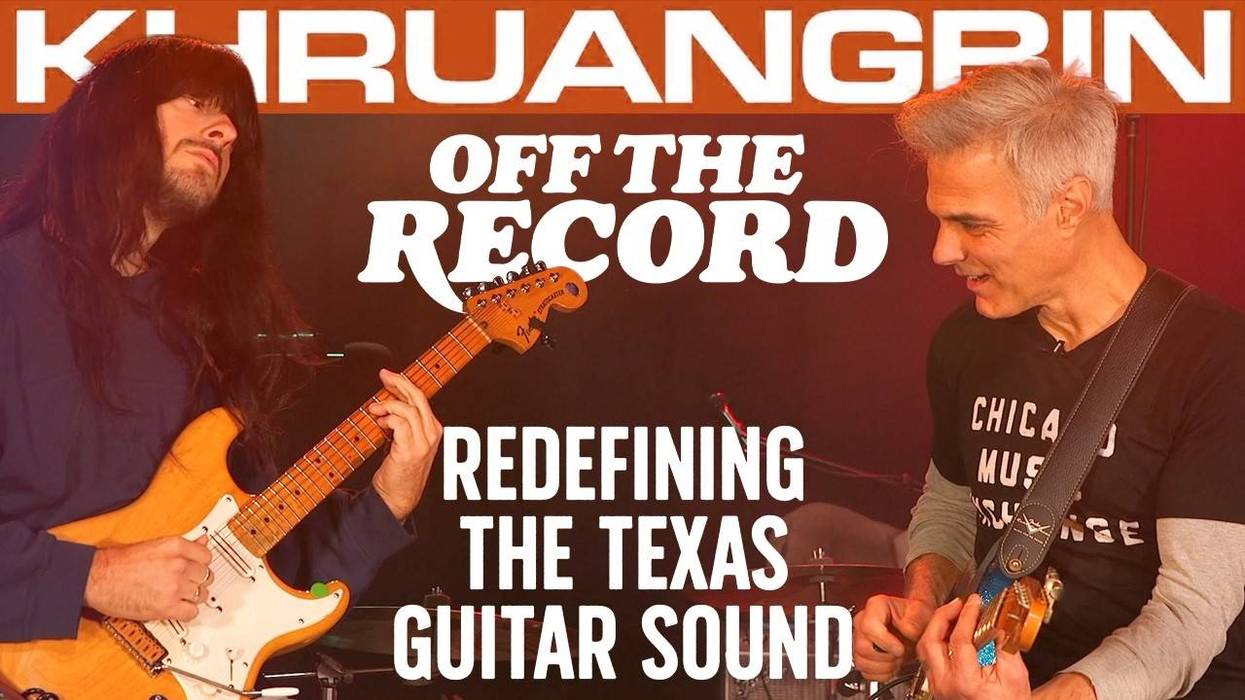


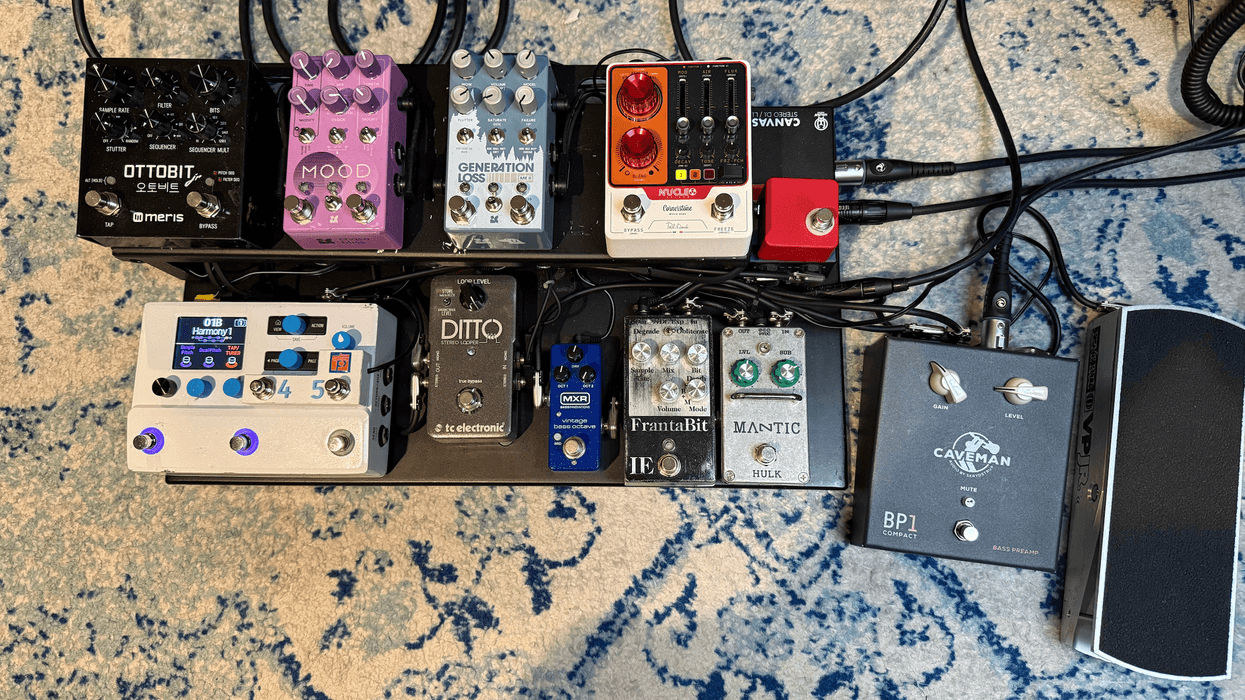
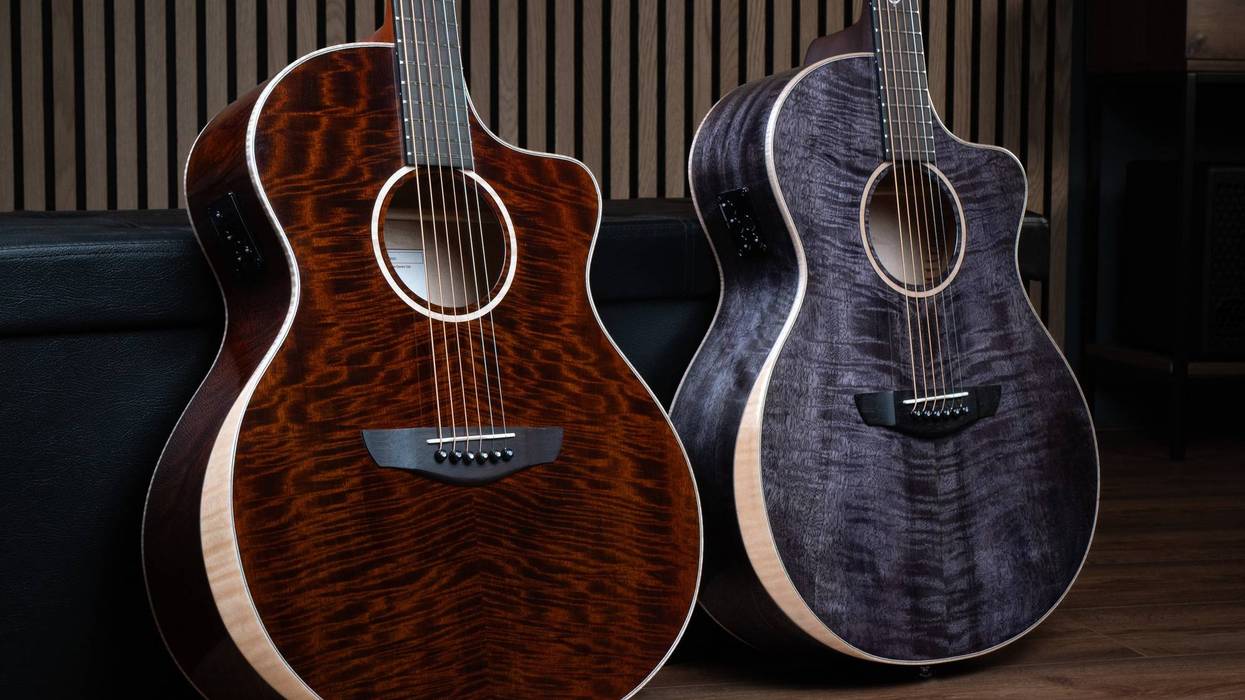
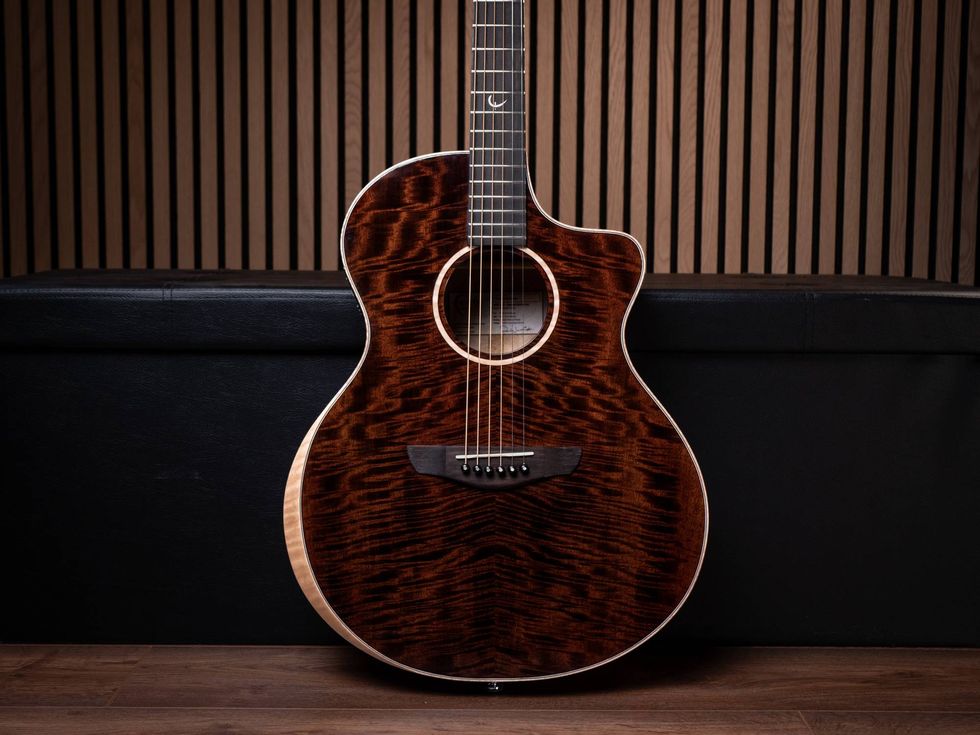
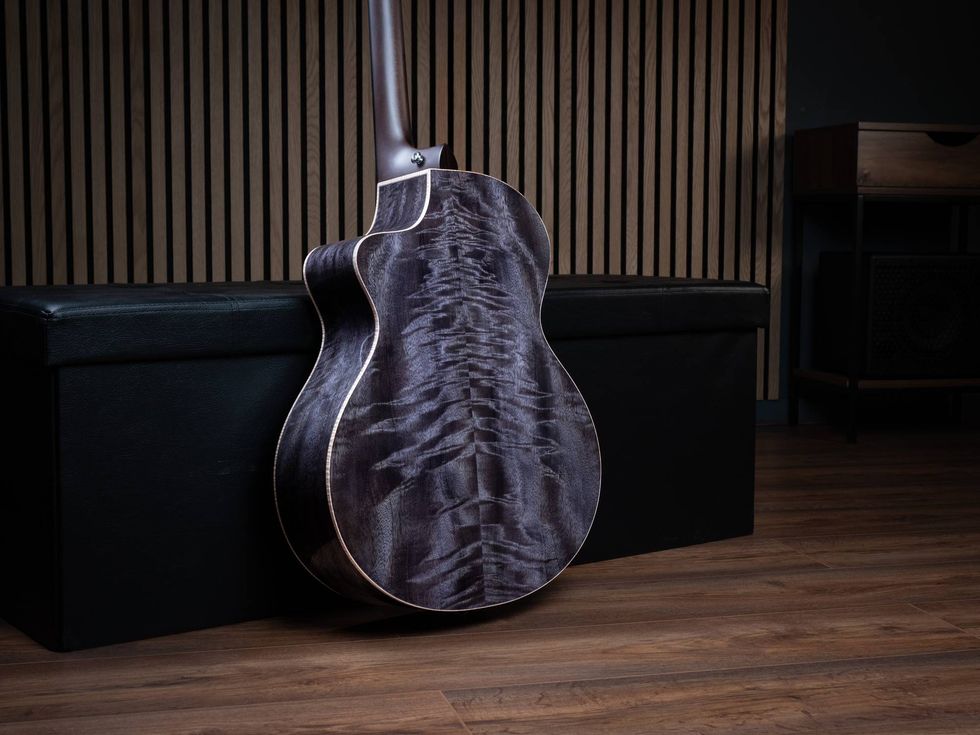

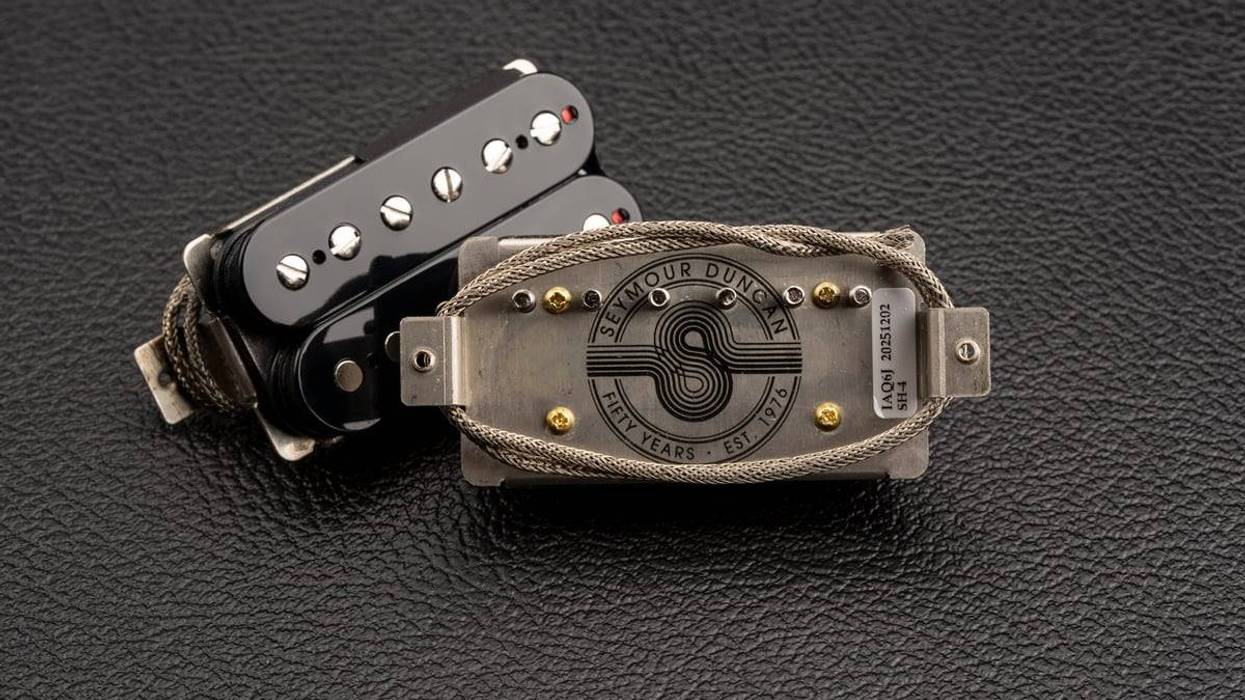




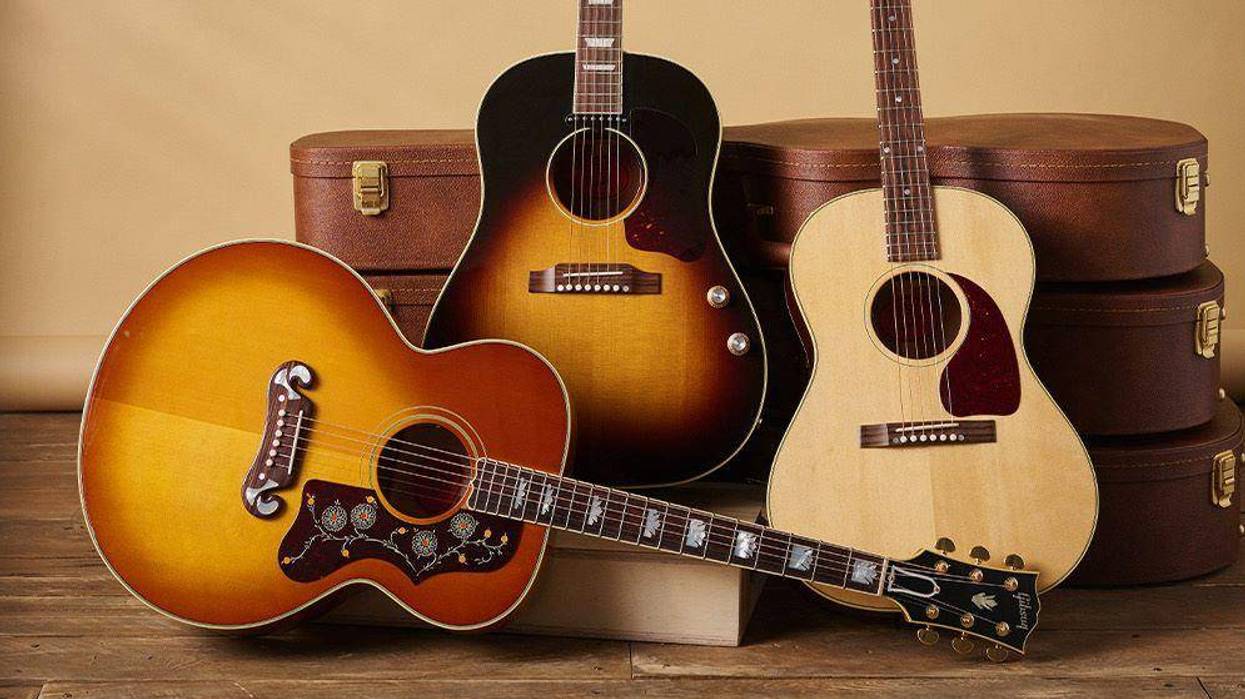
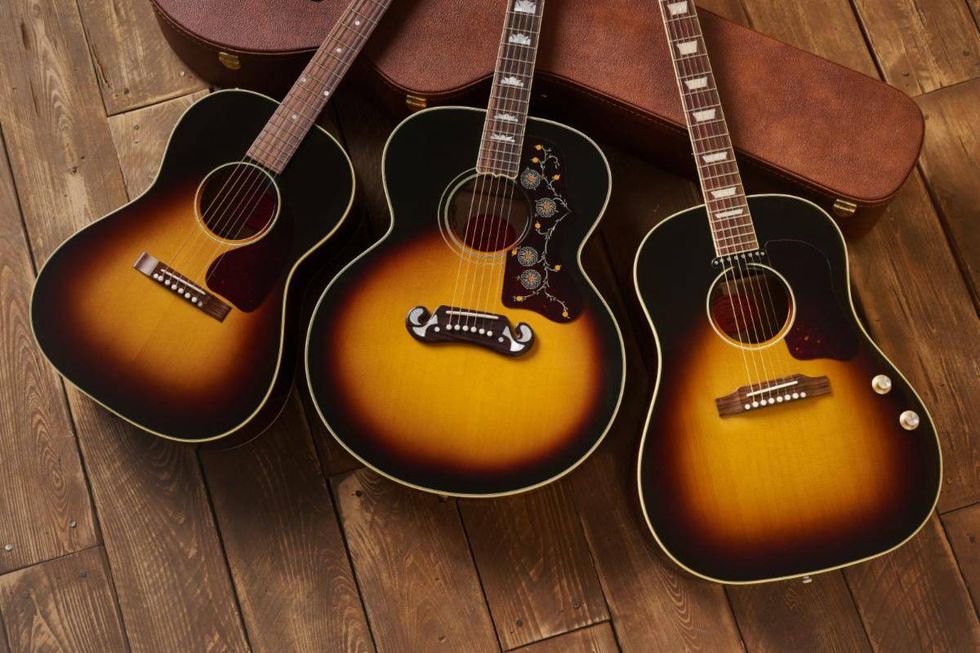
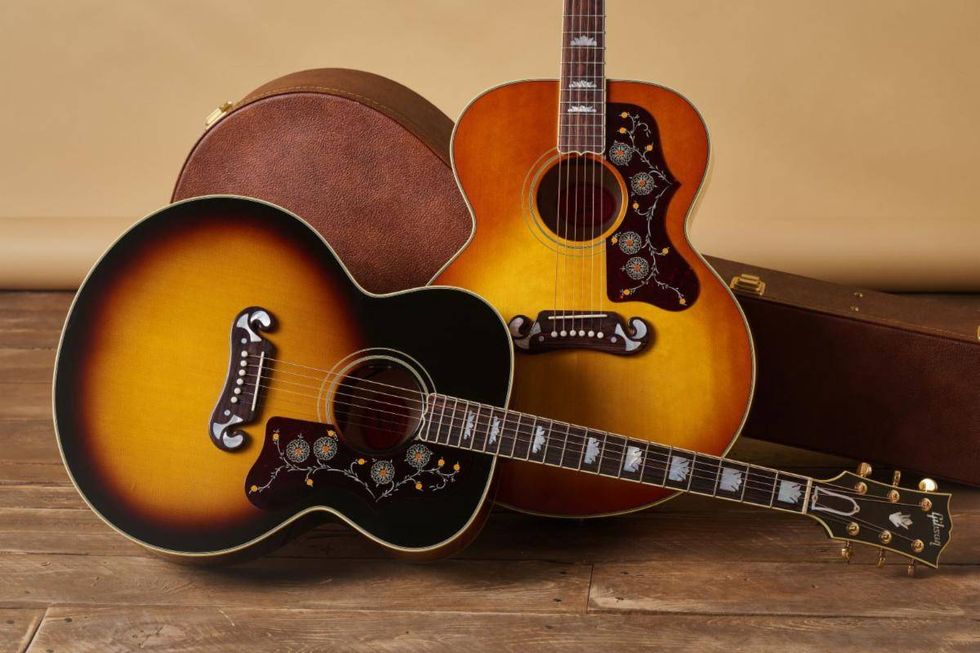
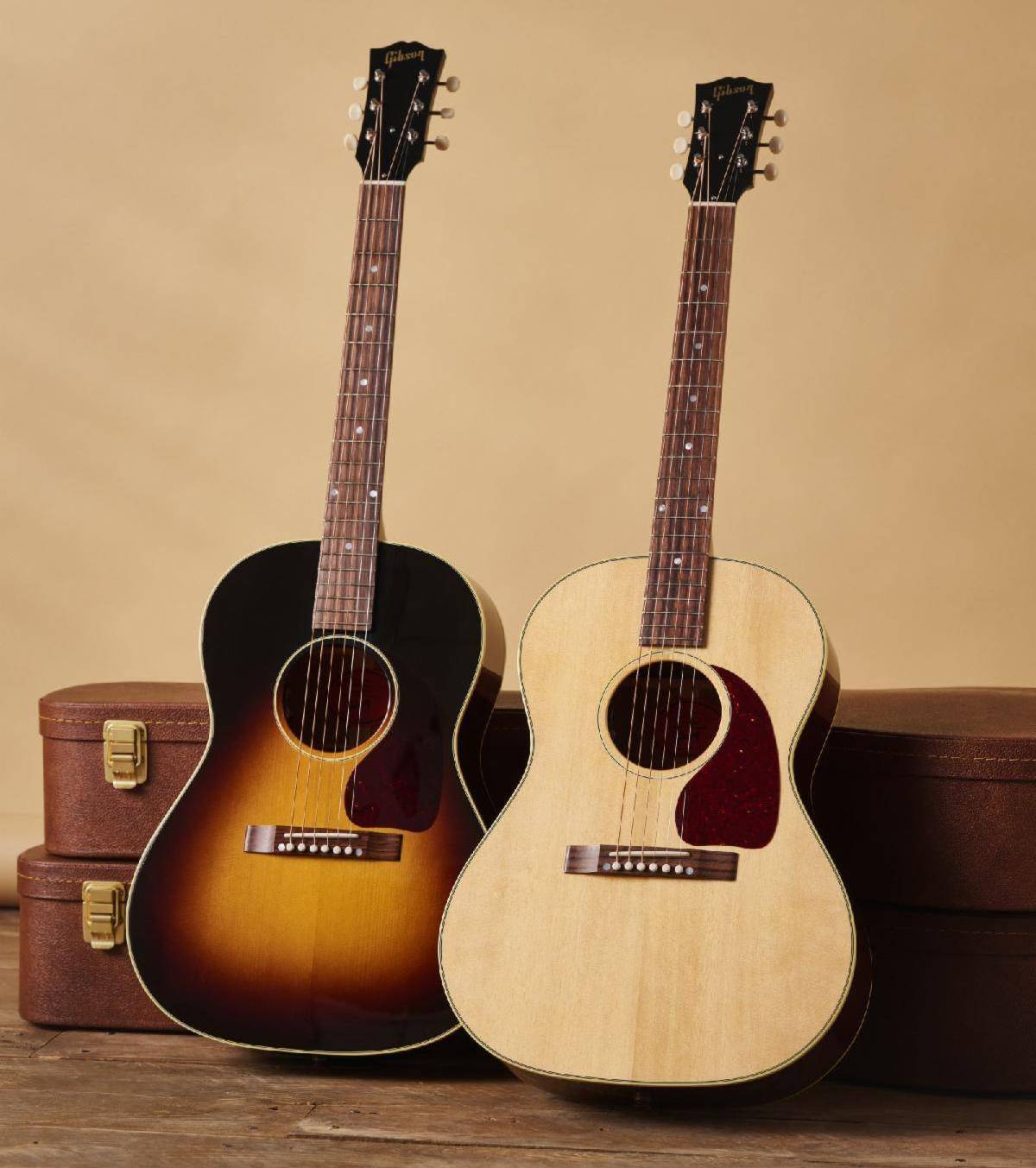
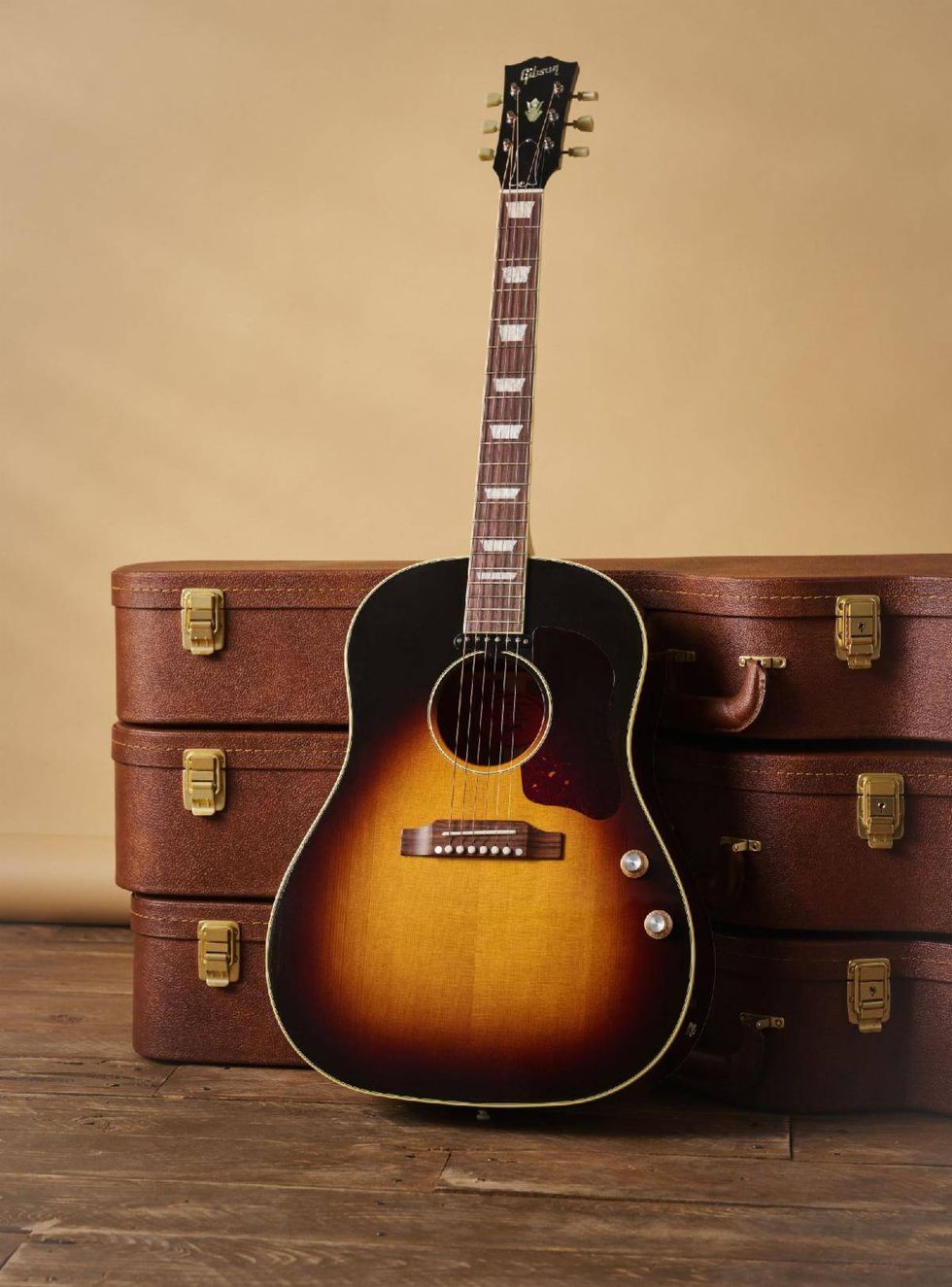
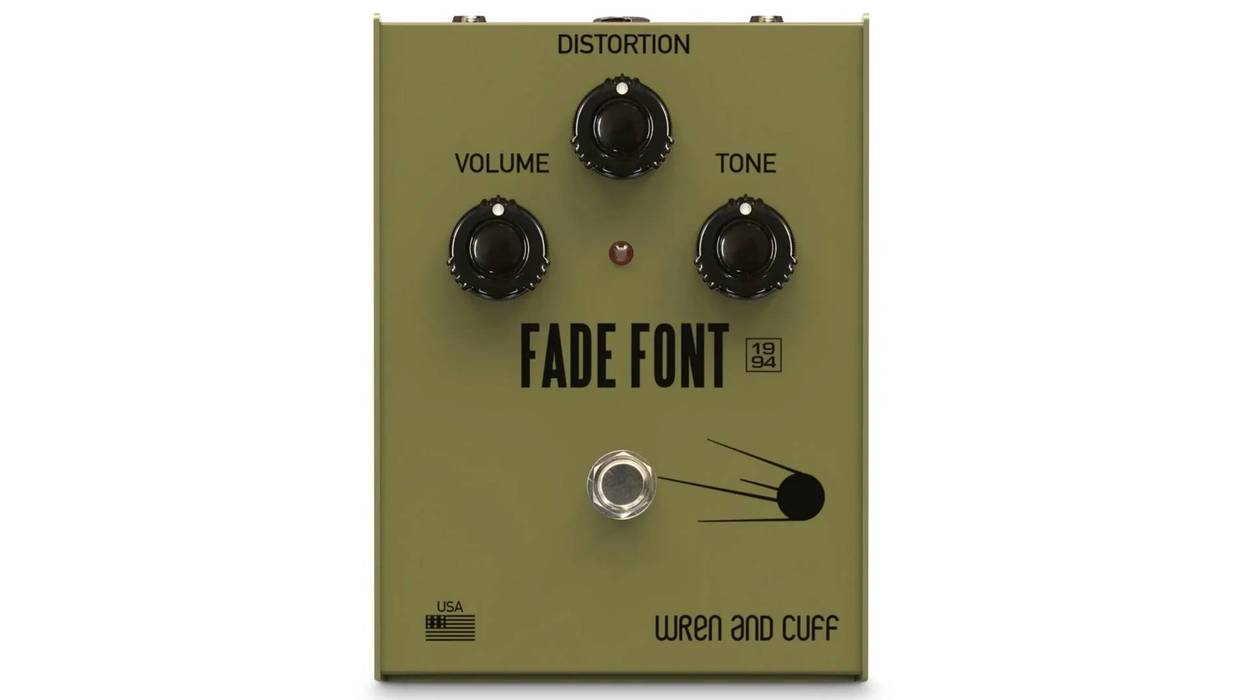
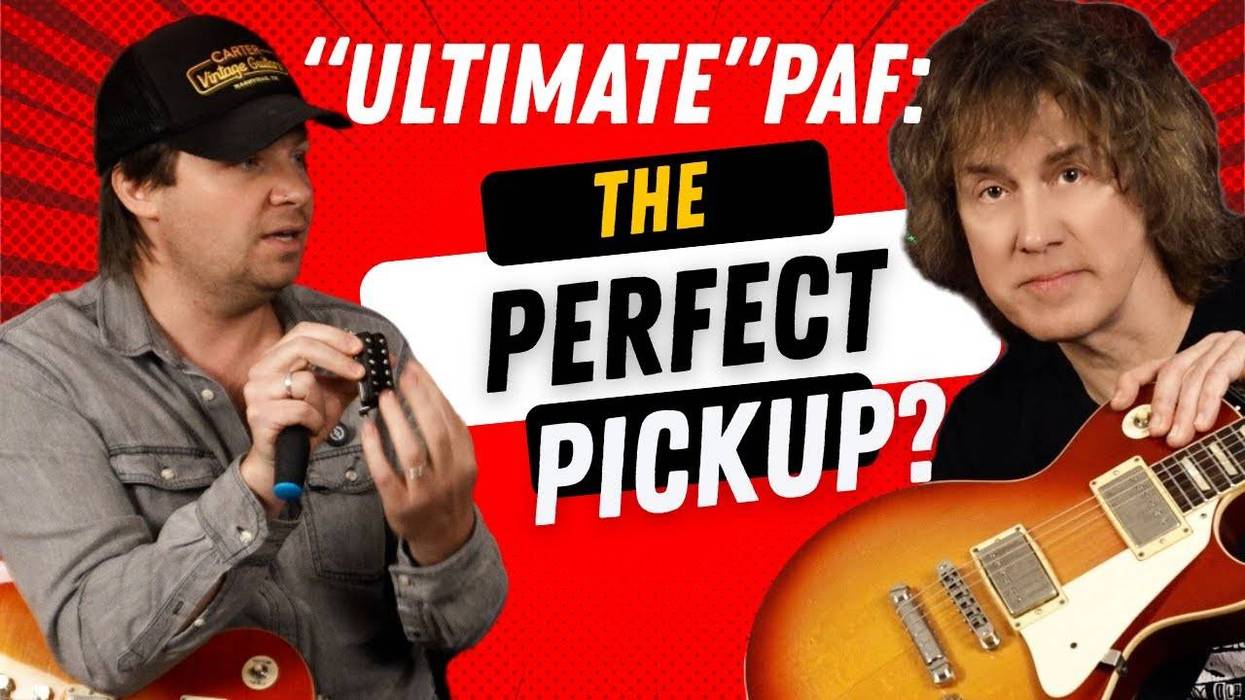
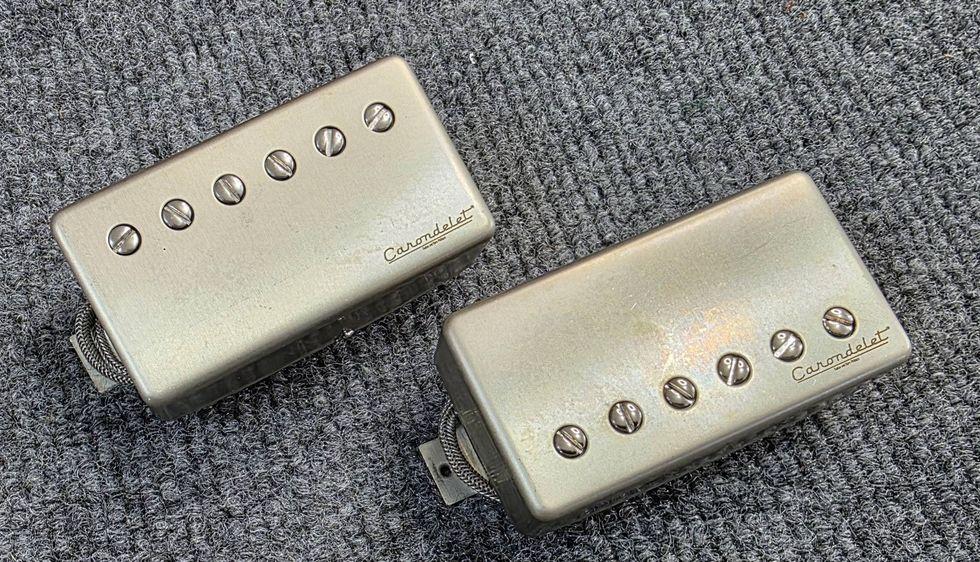 Carondelet Introduces OTB Ultimates Vintage-Style PAF Pickups
Carondelet Introduces OTB Ultimates Vintage-Style PAF Pickups